Reflecting on 85 Years of NBOME
October 10, 2019
In honor of the NBOME’s 85th anniversary since our founding, we sat down with some inspirational members of the osteopathic medical community to discuss their thoughts and perceptions of the NBOME over the years and now.
As NBOME celebrates 85 years of osteopathic medical assessment, how do you feel the organization has impacted the osteopathic medical profession over recent decades?
John Potts, MD: The NBOME’s examinations, developed by their many highly capable and dedicated volunteers, have continued apace of the rapid advance of medical knowledge. As such, the NBOME has pushed both osteopathic medical students and the colleges of osteopathic medicine to ever-higher achievement.
Thomas Cavalieri, DO: The NBOME has impacted the osteopathic medical profession through its commitment to excellence and its steadfast adherence to protecting the public. Fulfilling this mission derives from NBOME’s ability to create an exam that truly integrates osteopathic principles and practice while providing evidence for the need for a distinct profession to have a distinct licensure exam.
Bill Burke, DO: The NBOME, through the actions of its Board and staff, has made an invaluable contribution to the growth and development of the osteopathic medical profession. The ability of DOs to obtain licensure in all 50 states, is in large part due to the development and continuous modernization of the COMLEX-USA series. It is exciting to see the innovation coming from this organization, which will assist practicing physicians in maintaining their board certification through platforms like CATALYST.
William Mayo, DO: Throughout the entirety of its history, the NBOME has defended the distinction of DOs and our approach to our patients—sometimes even against strong opposition. Psychometrically valid, defensible exams, such as COMLEX-USA, provide a strong case to be made on behalf of the profession, and have been endorsed by a number of organizations.
What advice would you give the NBOME as it completes its first 100 years between now and 2034?
Karen Nichols, DO, MA: I would encourage the NBOME to continue holding the bar high in order to ensure that qualified osteopathic physicians are prepared to serve the public.
John Potts, MD: These times are challenging in many ways and I can only predict more challenging times ahead for medical education, both osteopathic and allopathic. I expect the NBOME will continue to fulfill its mission as it has in the past, and continue to uphold the standards that further enable protecting the public.
Humayun Chaudhry, DO: NBOME faces the same challenges confronting all testing entities: the need to demonstrate the continued value of independent assessment as a critical adjunct to medical education and training. This is particularly important at a time when the broader environment seems less amenable to regulation overall.
William Mayo, DO: I would recommend that the NBOME continues to collaborate with the AOA, AACOM and the FSMB to promote distinctiveness across the continuum.
Thomas Cavalieri, DO: It is my hope that the NBOME remains steadfast in its commitment to protecting the public and assuring continued high-quality examinations that truly reflects the essence of osteopathic medicine.
Contributors
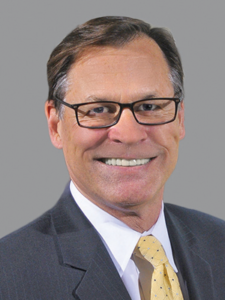
John R. Potts III, MD, is the Senior Vice President, Surgical Accreditation at the Accreditation Council for Graduate Medical Education (ACGME). Dr. Potts also serves as an adjunct professor of Surgery at the University of Texas Houston Medical School (UTHMS). He has also served on the ACGME’s Committee on Innovation in the Learning Environment and on the Standing Panel for Accreditation Appeals in the specialty of surgery.
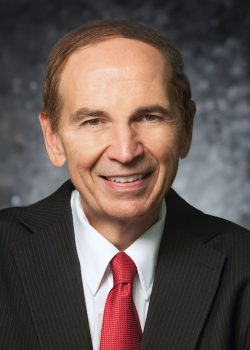
Thomas A. Cavalieri, DO, is the dean at Rowan University School of Osteopathic Medicine and also serves as a professor of medicine and Osteopathic Heritage Endowed Chair for Primary Care Research. Dr. Cavalieri is a past chair on the NBOME’s Board of Directors, and a longtime National Faculty leader. He was first recruited to the National Faculty in the late 1980s as an exam writer, and oversaw the launch of the COMLEX-USA Level 2-PE in 2004.
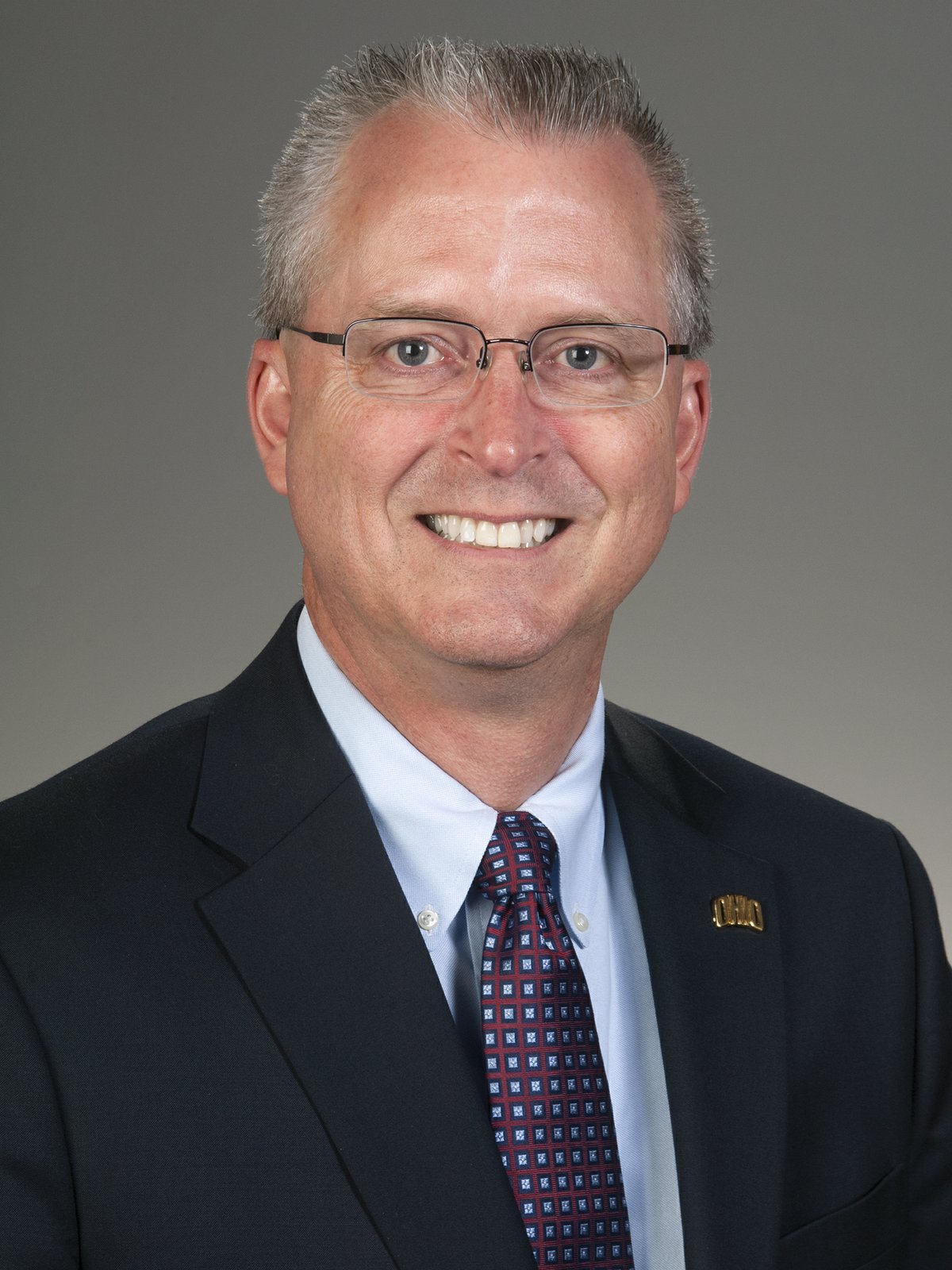
Bill Burke, DO, is the Dean of the Ohio University Heritage College of Osteopathic Medicine-Dublin Campus and Chair of Osteopathic International Alliance. He served as a trustee of the American Osteopathic Association (AOA) and as the chair of its departments of Educational Affairs, Governmental Affairs, and Research and Development, as well as its Bureau of Communications and Committee on AOA Governance and Organizational Structure. He is a founding director of the International Primary Care Educational Alliance.
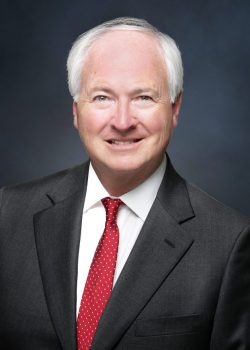
William S. Mayo, DO, was president of the American Osteopathic Association (AOA) for 2018–2019. Throughout his tenure, Dr. Mayo has served the AOA in many capacities. Additionally, Dr. Mayo is a past president of the Mississippi Osteopathic Medical Association and the Mississippi EENT Society. He has served on the Mississippi State Board of Medical Licensure since 2006 and was president from 2010-2012.
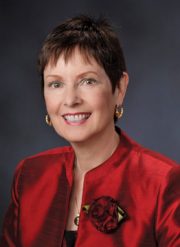
Karen J. Nichols, DO, MA, MACOI, CS, is the chair elect of the Accreditation Council for Graduate Medical Education board of directors, and has served as president of the American Osteopathic Association, president of the Arizona Osteopathic Medical Association (AOMA), and president of the American College of Osteopathic Internists, being the first woman to hold all of those
positions.
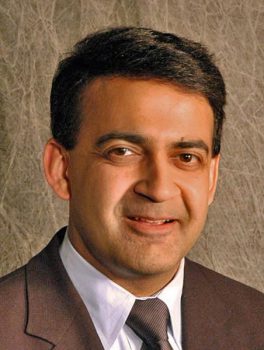
Humayun Chaudry, DO, is the President and Chief Executive Officer of the Federation of State Medical Boards (FSMB) of the United States and was chair of the International Association of Medical Regulatory Authorities (IAMRA) from 2016 to 2018.






